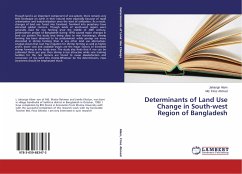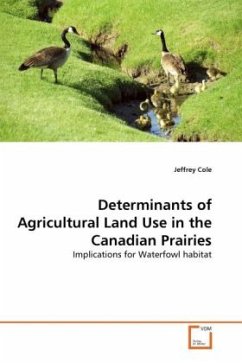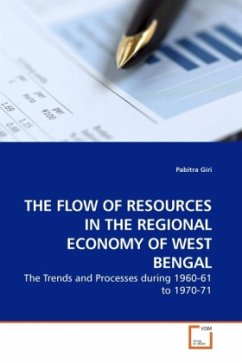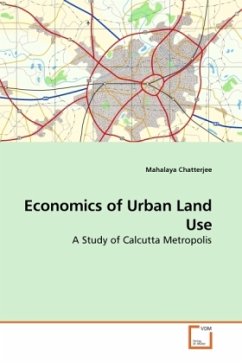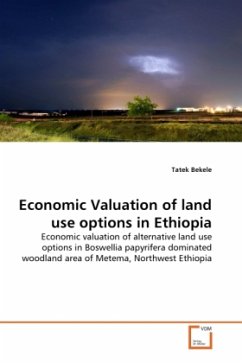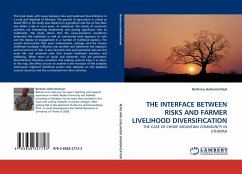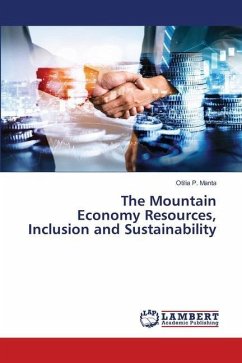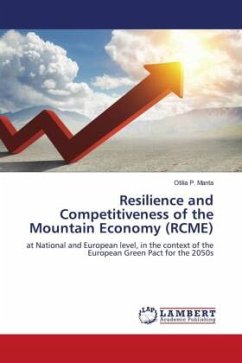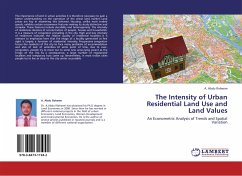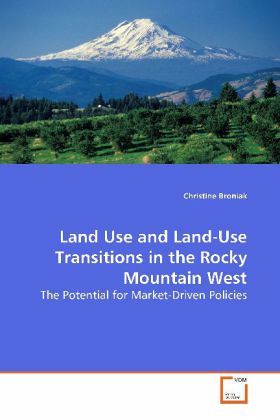
Land Use and Land-Use Transitions in the Rocky Mountain West
The Potential for Market-Driven Policies
Versandkostenfrei!
Versandfertig in 6-10 Tagen
45,99 €
inkl. MwSt.

PAYBACK Punkte
23 °P sammeln!
Private land-use decisions can have profound effects on ecosystem services, wildlife habitat, aesthetics, and the carbon cycle. Voluntary market-based incentives to regulate land use have the potential to bring about a more socially optimal use of land. An implementation of these policies in the Rocky Mountain States requires an understanding of the effects of private profits on landowner choices. Econometric modeling is challenging in this region due to a heterogeneous land base, but is essential to understand the potential impacts of market-based incentives for land use changes. Land-use inc...
Private land-use decisions can have profound effects
on ecosystem services, wildlife habitat, aesthetics,
and the carbon cycle. Voluntary market-based
incentives to regulate land use have the potential
to bring about a more socially optimal use of land.
An implementation of these policies in the Rocky
Mountain States requires an understanding of the
effects of private profits on landowner choices.
Econometric modeling is challenging in this region
due to a heterogeneous land base, but is essential
to understand the potential impacts of market-based
incentives for land use changes. Land-use
incentives could be a powerful tool in meeting
carbon sequestration or other environmental needs.
on ecosystem services, wildlife habitat, aesthetics,
and the carbon cycle. Voluntary market-based
incentives to regulate land use have the potential
to bring about a more socially optimal use of land.
An implementation of these policies in the Rocky
Mountain States requires an understanding of the
effects of private profits on landowner choices.
Econometric modeling is challenging in this region
due to a heterogeneous land base, but is essential
to understand the potential impacts of market-based
incentives for land use changes. Land-use
incentives could be a powerful tool in meeting
carbon sequestration or other environmental needs.



